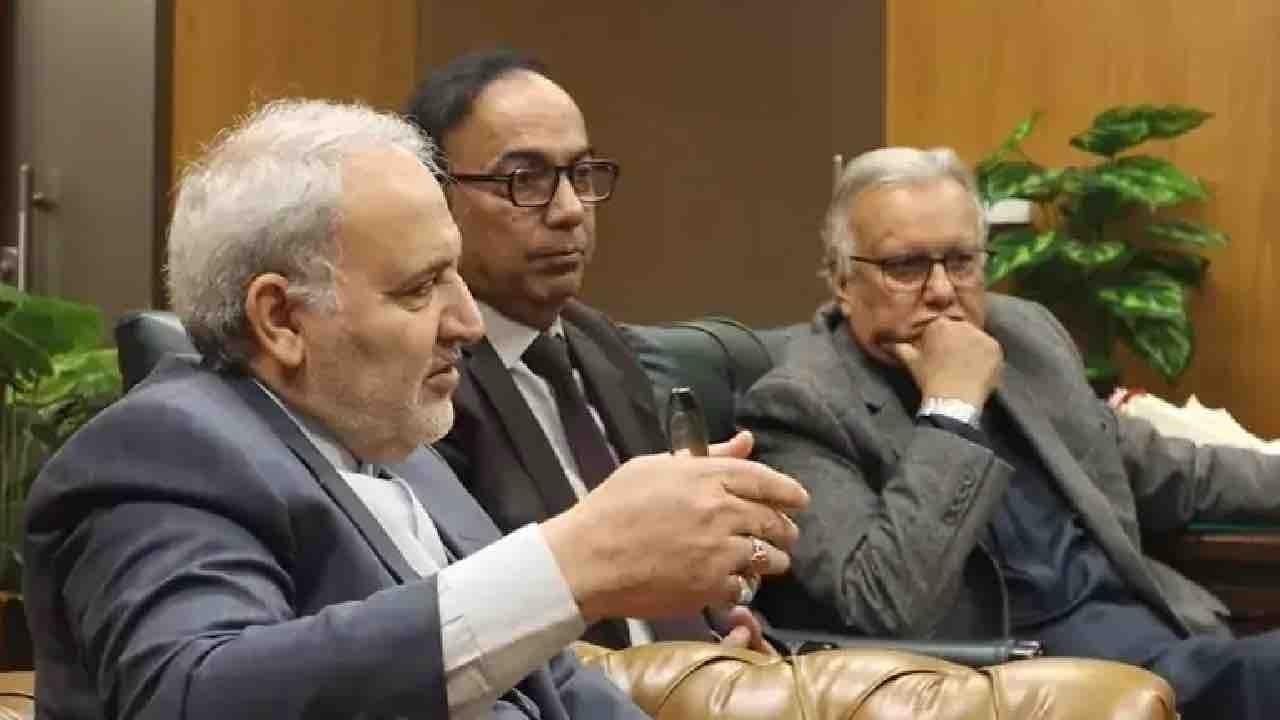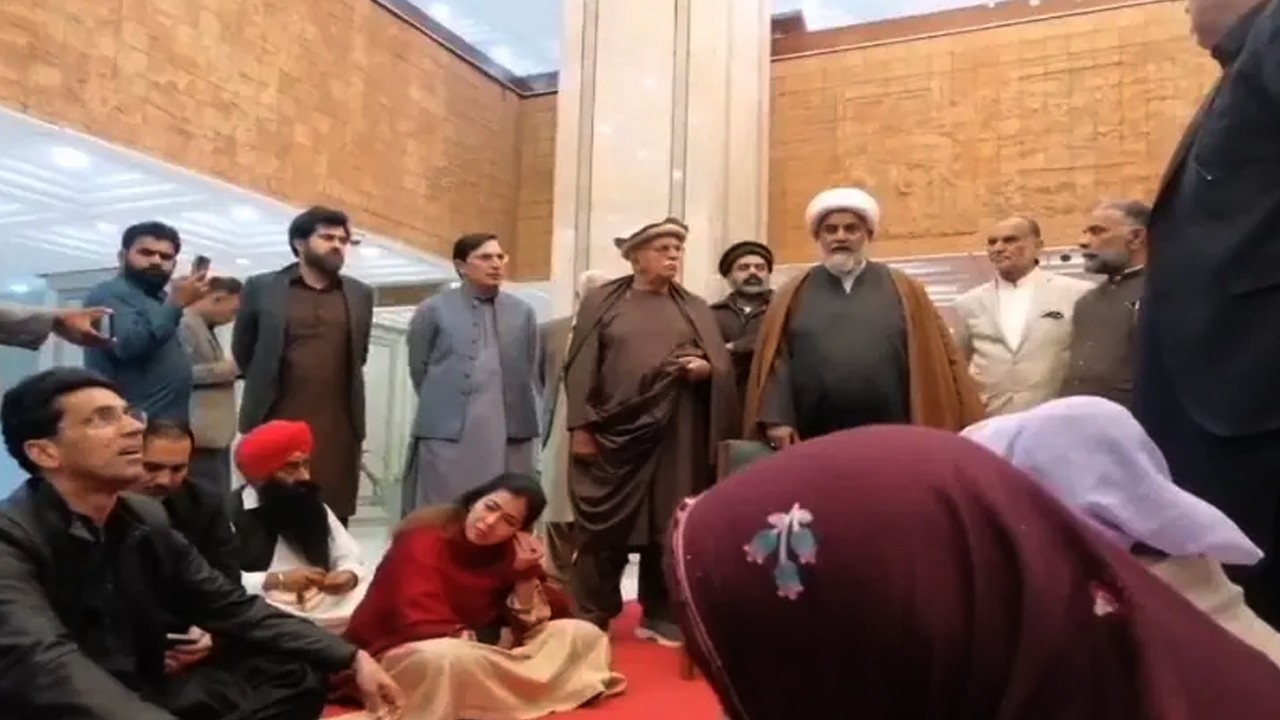Pakistan working on missile capable of hitting US, says US security adviser

Web Desk
|
20 Dec 2024
A senior White House official stated that Pakistan is developing missiles capable of reaching targets outside South Asia, including the United States.
Speaking at the Carnegie Endowment for International Peace on Thursday, US Deputy National Security Advisor Jon Finer highlighted that Pakistan, a nuclear-armed nation, is advancing its long-range ballistic missile capabilities, potentially enabling strikes far beyond South Asia, including on US soil.
He noted that these developments raise “real questions” regarding the goals of Pakistan's missile program.
“Candidly, it's hard for us to see Pakistan's actions as anything other than an emerging threat to the United States,” Finer said.
Finer further explained that Pakistan has made progress in missile technology, from ballistic missile systems to large rocket motor tests. If this trend continues, Pakistan will soon have the capacity to target the US.
In response, US State Department Deputy Spokesperson Vedant Patel emphasised on the US commitment to upholding the global non-proliferation regime.
During a press briefing, Patel reiterated that while Pakistan remains an important US partner, the United States has clear concerns about Pakistan’s ballistic missile program, maintaining its longstanding policy of opposing the development of long-range missile systems.
Latest US sanctions on missile program
During a press briefing in Washington on Wednesday, US State Department spokesperson Matthew Miller alleged that the sanctioned Pakistani entities were assisting the country in advancing its ballistic missile program.
This assistance reportedly included the production of special vehicle chassis used to launch ballistic missiles.
The four Pakistani entities affected by the sanctions include the National Development Complex in Islamabad and three Karachi-based firms, Akhtar & Son, Affiliates International, and Rockside Enterprises.
Miller stated that the measures are part of efforts to curb “proliferators of weapons of mass destruction and their means of delivery."
Pakistan's response:
Pakistan criticised the United States' decision to impose sanctions on four entities for supporting its ballistic missile program, calling the move “biased” and asserting that its strategic program is aimed at promoting peace and security.
Responding to the sanctions, the Foreign Office stated, “Pakistan’s strategic capabilities are meant to defend its sovereignty and preserve peace and stability in South Asia.”
In its official statement, the Foreign Office described the US decision as a threat to both regional and global security. It further claimed that the sanctions deviates from the objective of peace and security.
The press release further said that the sanctions aim to increase military imbalance and carry dangerous implications for strategic stability of our region and beyond
The Foreign Office emphasised that Pakistan’s strategic program represents "a sacred trust bestowed upon its leadership by the country’s 240 million citizens."
Pakistan also raised concerns over the sanctions targeting private entities, arguing that such measures are based on superficial allegations and lack substantial evidence.
The Foreign Office noted that while the US frequently highlights non-proliferation, it has previously waived licensing requirements for advanced military technology to other countries.












Comments
0 comment